Market Analysis
In-depth Analysis of South Africa AdBlue Oil Market Industry Landscape
The market dynamics of South Africa's AdBlue oil market are influenced by various factors that impact supply, demand, and pricing. AdBlue, also known as diesel exhaust fluid (DEF), is a solution used in vehicles equipped with selective catalytic reduction (SCR) systems to reduce harmful emissions. Understanding the market dynamics helps stakeholders make informed decisions and navigate the industry effectively.
The environmentally-friendly nature of the adblue oil has also played a key role to boost its overall demand in the nation. The oil supports SCR technology which reduces the emission of air pollutants such as nitrogen oxides. Since governments have been introducing stringent environmental standards, the demand for the market offering has further increased.
One significant factor shaping the AdBlue oil market in South Africa is government regulations and environmental policies. The South African government has implemented stringent emissions standards to reduce air pollution and comply with international agreements. These regulations mandate the use of SCR technology and AdBlue in diesel vehicles, driving demand for AdBlue in the country. Additionally, government incentives and subsidies for environmentally friendly technologies further boost the market for AdBlue.
Another key driver of market dynamics is the automotive industry's adoption of SCR technology. As vehicle manufacturers increasingly incorporate SCR systems into their diesel vehicles to meet emissions standards, the demand for AdBlue grows proportionally. The automotive sector's growth and technological advancements influence the market dynamics by determining the rate of AdBlue consumption and the need for infrastructure to support its distribution and refilling.
Furthermore, economic factors such as GDP growth, disposable income levels, and fuel prices play a role in shaping the AdBlue oil market. Economic prosperity tends to correlate with increased vehicle sales and diesel consumption, driving demand for AdBlue. Conversely, economic downturns or fluctuations may affect consumer behavior and vehicle sales, impacting AdBlue demand accordingly. Fuel prices also influence the cost-effectiveness of diesel vehicles compared to gasoline-powered alternatives, affecting market dynamics.
Market competition among AdBlue suppliers and distributors is another aspect of market dynamics. Both domestic and international companies compete to capture market share by offering competitive pricing, product quality, and distribution networks. The presence of multiple suppliers enhances market efficiency and gives consumers more options, while competition fosters innovation and drives down prices.
Infrastructure development and logistics are critical considerations in the AdBlue oil market dynamics. Adequate infrastructure, including storage facilities, dispensing equipment, and refilling stations, is essential to ensure a reliable supply chain and meet the growing demand for AdBlue. Investments in infrastructure expansion and optimization improve market accessibility and contribute to market growth.
Moreover, technological advancements and product innovations influence market dynamics by enhancing AdBlue production efficiency, quality, and compatibility with SCR systems. Research and development efforts focus on improving AdBlue formulations, reducing impurities, and optimizing performance in various environmental conditions. Innovations in packaging, such as bulk containers and portable dispensing solutions, also cater to diverse customer needs and preferences.
Consumer awareness and education campaigns play a vital role in shaping market dynamics by informing vehicle owners and operators about the benefits of AdBlue and the importance of emissions reduction. Promoting environmental consciousness and corporate social responsibility encourages wider adoption of AdBlue and fosters a culture of sustainability within the transportation sector.
In summary, the market dynamics of South Africa's AdBlue oil market are influenced by government regulations, automotive industry trends, economic factors, market competition, infrastructure development, technological advancements, and consumer behavior. Understanding these dynamics is essential for stakeholders to effectively navigate the market, capitalize on opportunities, and address challenges in the pursuit of sustainable growth and environmental stewardship.


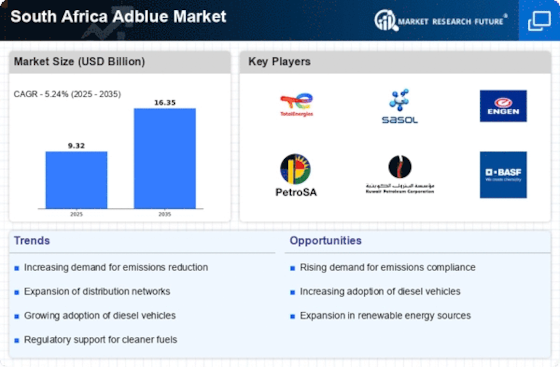

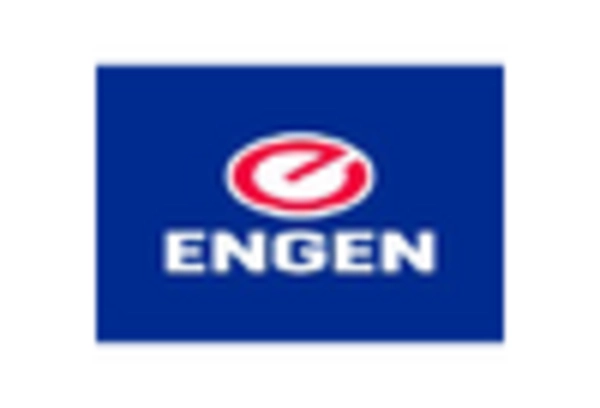
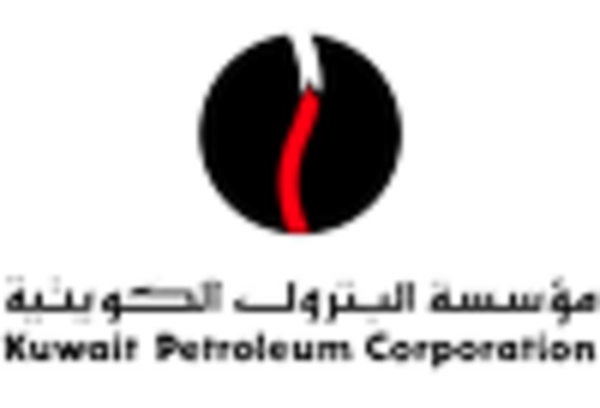
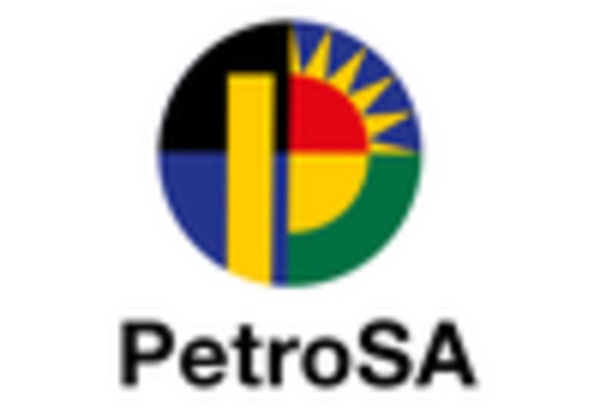
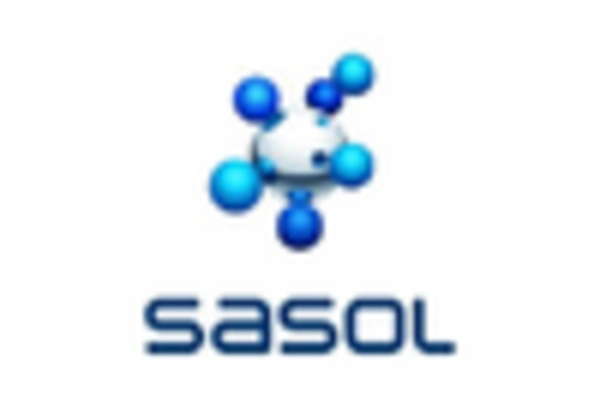










Leave a Comment